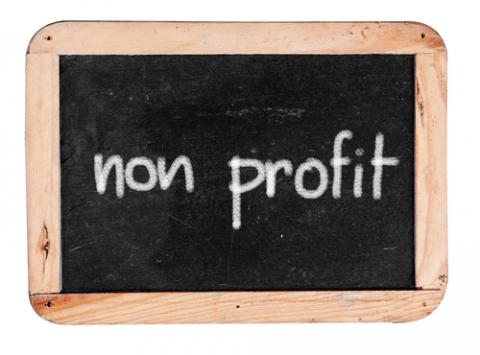
Nonprofits exist for one reason – TO DO GOOD. Because nonprofit entities are created to help others, it’s hard to imagine they would face a variety of lawsuits and claims. But here’s the reality: Nonprofits often function with donated money and volunteer workers, in a variety of venues with unpredictable situations and crises. With this combination at play, nonprofits find themselves facing insurance claims more often than one might expect, which is exactly why a custom-tailored nonprofit insurance program is essential.
Imagine these scenarios …
- A young woman is assaulted while attending an afterschool program
- Several homeless people become sick with E. Coli after eating at a soup kitchen
- A board member is accused of misappropriation of funds
- A patient sets fire to a rehab facility
- A volunteer driver causes a fatal accident while driving the nonprofit’s van
- A hacker accesses the organization’s network and steals the personal information of 1,200 donors
Rising demand and diminishing resources create even more risk.
Over the past decade, nonprofits have dealt with the Great Recession and a struggling economy. During tough times, nonprofit organizations are more important than ever. They’re also stretched thin, which can result in fewer safety measures, more accidents and an increase in claims. When nonprofits are squeezed between rising demands and diminishing resources, they are more vulnerable to unanticipated losses.
Nonprofits have many of the same insurance needs as other businesses. But they also face exposures that are specific to their industries and causes. While coverage needs vary, here are some of the most common types of insurance nonprofits should consider:
- General Liability. A general liability policy insures your nonprofit organization against classic slip-and-fall scenarios.
- Property. Whether you own or rent your facility, think about what your organization could lose in the event of a fire, earthquake, vandalism, storm, or similar event, and make sure you’re covered.
- Commercial Auto. If you have staff or volunteers that drive vehicles (including their own) for your nonprofit's activities, you need auto liability insurance. And check your state laws – you may also need additional coverage such as personal injury protection (PIP) and uninsured/underinsured motorist (UM/UIM) coverage.
- Product Liability. If your organization sells products to the public for fundraising such as baked goods or works of art, product liability insurance can protect you from unsafe or defective product claims.
- Directors and Officers. If a board member invests the nonprofit’s assets foolishly and loses it all, a creditor could sue the nonprofit and its directors and officers. D&O insurance covers the cost of defending such a lawsuit and any resulting monetary damages.
- Workers’ Compensation and Employment Practices Liability. If your organization has employees, you'll need workers' compensation insurance. Employment Practices Liability coverage is also a good idea in case you are ever accused of discrimination or sexual harassment.
Is your nonprofit ready for robust risks?
Don’t let a challenging economy or a shoestring budget deter you from your mission. Be mindful of the robust risks you face and protect your organization with comprehensive, tailored coverage. Heffernan's Nonprofit Practice offers a wide range of insurance products to fit your specific needs and budget so you can continue the important work your clients count on.
